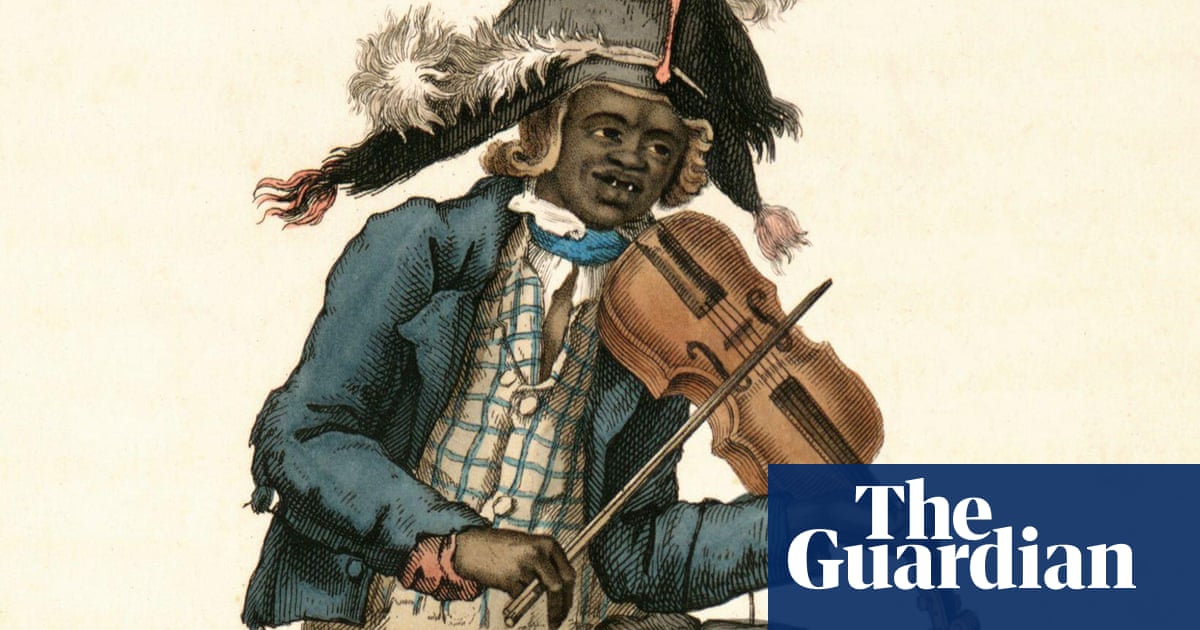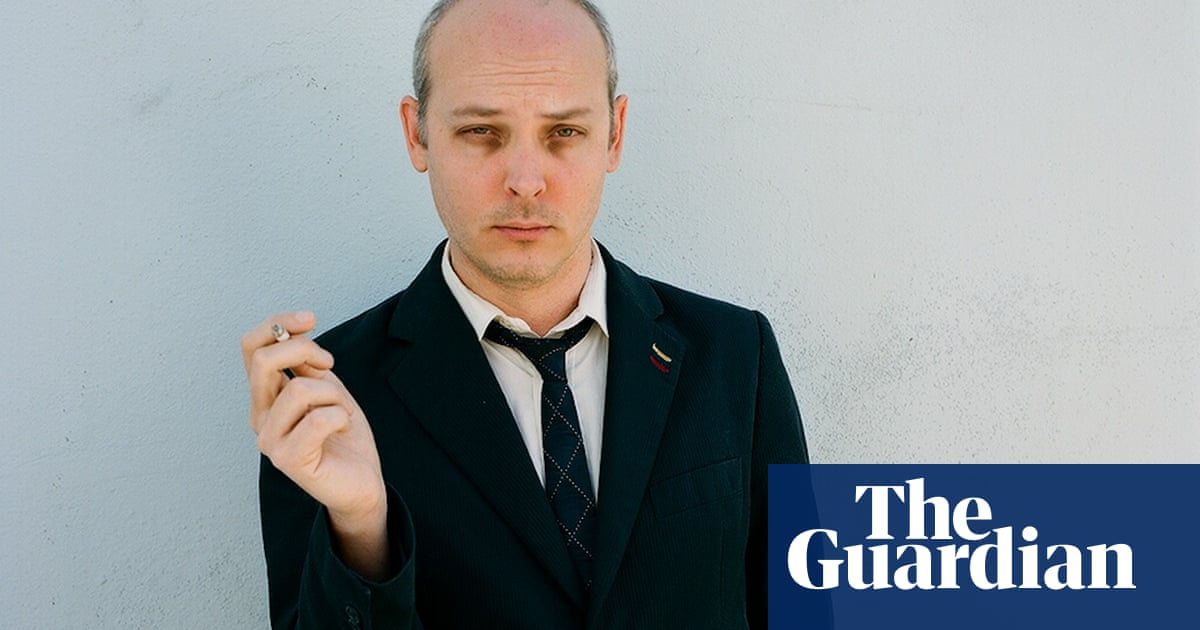
In years to come, Nabihah Iqbal will hopefully look back on the past seven weeks and think that everything happens for a reason.
The London-based musician got stranded in Pakistan’s most populous city, Karachi, on 6 March, having flown out for two weeks to visit her critically ill grandad. Just days before Iqbal left the UK, her studio was burgled, including a laptop containing two years’ worth of original music.
“I’ve never been in a situation before where I’ve been in a foreign country and I have literally zero idea about when I can go home,” Iqbal tells me over the phone from Karachi (she arrives back in the UK today, having finally secured a place on a charter flight for stranded Brits). Her grandad’s steady recovery and the “impending doom” of the country’s Covid-19 outbreak have taken priority over her lost second album, but Iqbal holds everything in delicate perspective, wary of the profound uncertainty facing her industry.
Brought up in London on a diet of Britpop, punk and metal, Iqbal began to expand her musical tastes as a student. The breadth of her studies in history and ethnomusicology forms the basis of her fortnightly show on NTS Radio, which itemises the clumsy “world music” label into its distinct elements, ranging from Ireland to Indonesia. Meanwhile, Iqbal began to produce broken-beat synthpop as Throwing Shade, retiring the moniker in 2017 for her debut LP, Weighing of the Heart. Her radio shows retain a scholarly approach to sound – “I’m a bit of a geek” – often opening with vignettes on different musical traditions or instruments.
Such globetrotting has given Iqbal a cultural sensitivity that is now directed towards the urgent reality of coronavirus in Pakistan. A regular visitor to her ancestral home, Iqbal sees an unfolding disaster that many in the west have overlooked. “People are already suffering so much, especially the poor,” she says, adding that British people tend to be “still in quite privileged positions. We don’t have to worry about where our next meal is going to come from. In Pakistan, people are going to be starving to death before they even die of the virus.”
We speak on the first day of Ramadan, as reports emerge of the country’s imams refusing to close mosques and doctors’ pleas for PPE being ignored by the government. It seems that negligence transcends borders, even when people cannot. “I feel really lucky,” says Iqbal, who has been quarantining with her mother and grandparents.
Iqbal’s new album was supposed to be finished by the end of the year, but a fresh start now awaits when she returns to London. “It’s so annoying and upsetting, but I can’t do anything about it,” she says, joking that her music might still be released by whoever stole it.
Her fans would probably accept the compromise. For now, they will have to survive off the salvaged demos that Iqbal compiled into a radio show at the end of March. It is a woozy blend of guitars, collapsing synths and the piano and vocal licks that defined Weighing of the Heart. The closing segment features Lucinda Chua playing cello and Yussef Dayes on drums: a small reminder of London’s fervent collaborative jazz scene.
As for life in quarantine, she says: “I thought: OK, I’m in Pakistan, I need to try and do some sort of music. I managed to buy an acoustic guitar from a shop here, just a couple of days before the lockdown.” Hours spent perfecting Nick Drake melodies have followed. “It’s retaught me the special nature of actually just playing the instrument and not having anything else; trying to come up with ideas, just me and a guitar.”
With live performances facing an uncertain future, now is a good time to be songwriting. “I think everybody’s probably thinking: I need to make a banger,” Iqbal says, laughing. “Just live off royalties and not have to worry about playing gigs ever again.” It is certainly one option, but she also articulates a sense of shared anxiety, both financial and artistic. “The coronavirus situation has made me rethink the whole process of being a DJ, and as a musician who makes most of their money from gigs. When you have to worry more about finances, it’s also harder to focus on being creative. If there’s no end in sight, then we need an alternative.”
In Karachi, Iqbal is grateful for the extra family time. “Me and my grandad tried twice to drive to the seaside, but both times we got stopped at police roadblocks,” she says. My mind jumps to recent news reports of brutal police suppression during the pandemic, but she assures me these officers were “actually all right”.
Iqbal’s situation is unique: far from home, but simultaneously closer than ever to her roots. For south Asians, the latter normally entails full culinary immersion. “My grandma makes really good aubergine dishes, so we’ve been eating a lot of aubergine. And bhindi – well, in English, it’s okra – too,” Iqbal says. “Being in Pakistan, all the fresh fruit and veg just tastes so good: guavas, watermelons, oranges, chikoos [sapodilla].”
She has also taken to sharing Pakistani herbal remedies on Instagram, dubbing herself the Lockdown Herbalist. She has introduced her followers to bairi and neem trees, aloe vera from source and digestion aids such as ispaghol. Iqbal is quick to point out the western ironies. “In England, it’s just a very bougie thing; you’ll go into Whole Foods and you’re like: what’s trending? What health supplement can I try today?” she says with a chuckle. “Whereas, when you come to a country like Pakistan, it’s very ancient; all of these things are ingrained in the society and culture for thousands of years. My grandma would literally have a heart attack if she saw they were selling little pots of turmeric in posh London chemists for £50.”
By the time she returns, London will have changed irrevocably from when she left. “I guess the atmosphere’s going to be quite sombre,” says Iqbal, who, coordinating with others online, has been pressuring the high commission for Pakistan and Westminster MPs for answers.
I suggest that they are at the mercy of a confused repatriation policy, with the foreign office advising Britons to take commercial flights home from Pakistan, despite its strict lockdown. “It does feel that way a bit. It shouldn’t be, because even if there’s just one British citizen stranded somewhere, it’s the duty of the British government to make sure that person can get home safely,” she says. Despite her lost music, Iqbal remains grateful in the face of the crisis: “You just realise that nothing else really matters except being with your family.”












